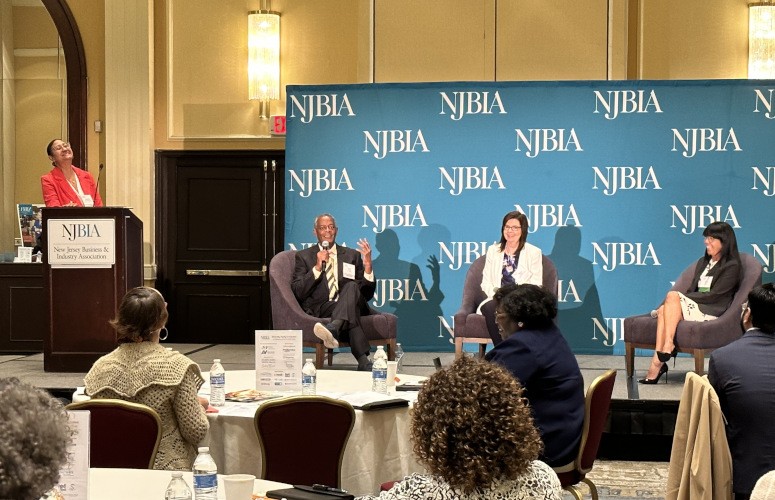
Preempting Conflict and Ensuring Workplace Civility
By Michael Timmes, Human Resource Consultant, Insperity On Nov 10, 2020Election Day may be behind us, but there’s been no waning of political tensions in the U.S. as we still grapple with the spread of COVID-19.
Facing remote working and tense political discourse, we continue to endure unparalleled tensions in our personal and professional lives. Business owners and leaders should be attuned to how these stressors could potentially impact their teams’ performances — and ensure strategies are created, fine-tuned and deployed to mitigate issues that may arise.
The outcome of current events may elate some employees and alienate others, particularly when co-workers are outspoken, or even simply share news articles and commentary pieces that may make others feel uncomfortable.
Employers may use the best practices below to diffuse potential conflict in today’s workplace.
Show the way, remain neutral and clearly outline expectations
From executives to young managers, those who oversee companies’ workforces can play a major role in setting the appropriate workplace tone by modeling professional behavior. Staying focused on topics directly related to work and uncontroversial issues can help avoid uncomfortable situations and alienation of employees who may hold differing political or social positions. It’s important to avoid commenting on political matters or expressing political views because it can lead to employees following suit, which may become a recipe for an undesirable workplace environment.
To the extent that political commentary is necessary, leaders should ensure their words, actions and even visible items remain neutral. It’s important, not only to keep from alienating employees with different viewpoints, but also to maintain strong relationships with diverse clients during in-person and virtual interactions. Everyone should refrain from discussing politics, wearing political clothing, or displaying political paraphernalia in their workspaces and virtual spaces.
It’s also important to ensure such expectations are updated and clearly outlined in the employee handbook. Modeling appropriate behavior is essential, but it’s also important to document policies that serve as a clear guide to what’s acceptable to limit potential issues and negative impact on productivity.
Focus on the mission and provide guidance
Companies should continually work to refocus on its mission, particularly during challenging periods. Companies’ values should serve as a powerful foundation and constant reminder of why all employees do what they do. Reminding everyone to stay laser-focused on the company’s core mission is a solid strategy that may reduce the potential for conversations to be derailed by political comments and increase workplace tension.
It’s also appropriate to continually remind both leadership and employees to limit political talk. Employees may have diverse viewpoints, and it’s important for everyone to respect each other’s thoughts because they won’t be monolithic.
Urge Employees to Disconnect
Employees may be feeling a stronger sense of stress, exacerbated by COVID-19 and current workplace arrangements. They should be encouraged to disconnect periodically from news coverage and social media to help maintain focus and reduce anxiety.
By adopting these strategies to mitigate political discussion in virtual and in-person settings, employers may be able to minimize political and cultural tension, leading to a healthier environment with strong employee morale and increased productivity.
Michael Timmes is a human resource consultant with Insperity, a leading provider of human resources and business performance solutions. For more information about Insperity, call 800-465-3800 or visit www.insperity.com.
To access more business news, visit NJB News Now.
Related Articles:





